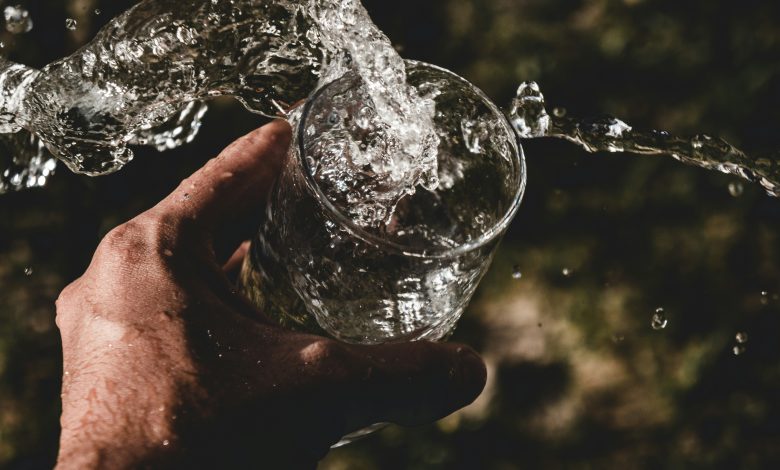The Importance of Hydration for Overall Health

Maintaining adequate hydration is essential for our well-being, especially as we age. Individuals aged 60 and above face a higher risk of dehydration due to decreased thirst sensation and changes in water retention, particularly when taking medications like diuretics.
While the recommendation of drinking eight 8-ounce glasses of water daily may seem challenging, it offers numerous benefits for our health. Here are six compelling reasons why increasing water intake is advantageous:
- Enhanced Energy and Cognitive Function:
Proper hydration is vital for optimal brain function and energy levels. Even mild dehydration, such as losing 1–3% of body weight, can impair cognitive performance and mood. Studies indicate that inadequate hydration may lead to difficulties in concentration, mood fluctuations, and cognitive decline across different age groups. - Maintenance of Body Functions:
Water serves multiple essential functions beyond quenching thirst and regulating body temperature. It helps moisturize sensitive areas like the eyes, nose, and mouth, while also maintaining adequate moisture levels in the blood, bones, and brain. Additionally, water acts as a protective barrier for vital organs and provides cushioning for joints, facilitating smooth movement. - Relief from Constipation:
Increasing fluid intake, including mineral-rich water, can alleviate constipation by promoting regular bowel movements. Studies suggest that sufficient hydration may soften stools and facilitate easier passage, particularly when combined with magnesium and sodium-rich mineral water. - Regulation of Body Temperature:
Sweat, produced by water in the skin layers, plays a crucial role in regulating body temperature. Adequate hydration supports efficient sweating and evaporation, essential mechanisms for cooling the body during physical exertion or exposure to heat. - Kidney Health:
Drinking plenty of fluids may help prevent kidney stones by diluting urine and reducing the risk of mineral crystallization. By increasing urine volume, hydration minimizes the concentration of minerals, decreasing the likelihood of stone formation and recurrence. - Promotion of Weight Loss:
Water consumption has been associated with weight loss benefits, primarily by enhancing satiety and boosting metabolism. Studies suggest that drinking water before meals may lead to reduced calorie intake and increased fat burning, contributing to weight management efforts. - Alleviation of Joint Pain:
Maintaining adequate hydration supports joint health by preserving cartilage integrity and lubrication. Hydrated cartilage acts as a cushion between bones, reducing friction and mitigating joint discomfort.
Determining optimal hydration levels depends on individual factors such as weight, activity level, and medical conditions. While a general guideline suggests eight glasses of water daily, adjusting fluid intake based on personal needs, environmental conditions, and physical activity is advisable. Consulting with a healthcare professional can provide personalized recommendations tailored to individual health circumstances.
In conclusion, prioritizing hydration is essential for maintaining overall health and well-being. Whether through water intake or water-rich foods, ensuring adequate hydration is a fundamental aspect of a healthy lifestyle.



